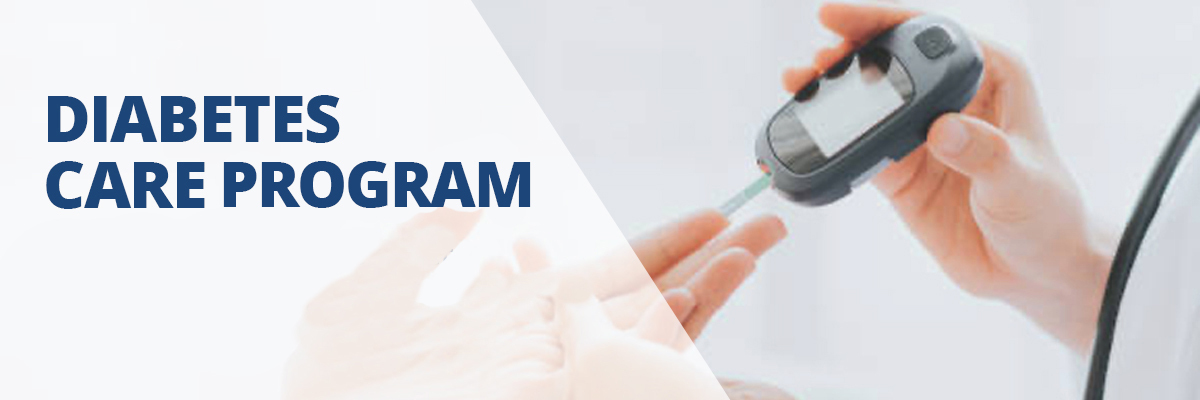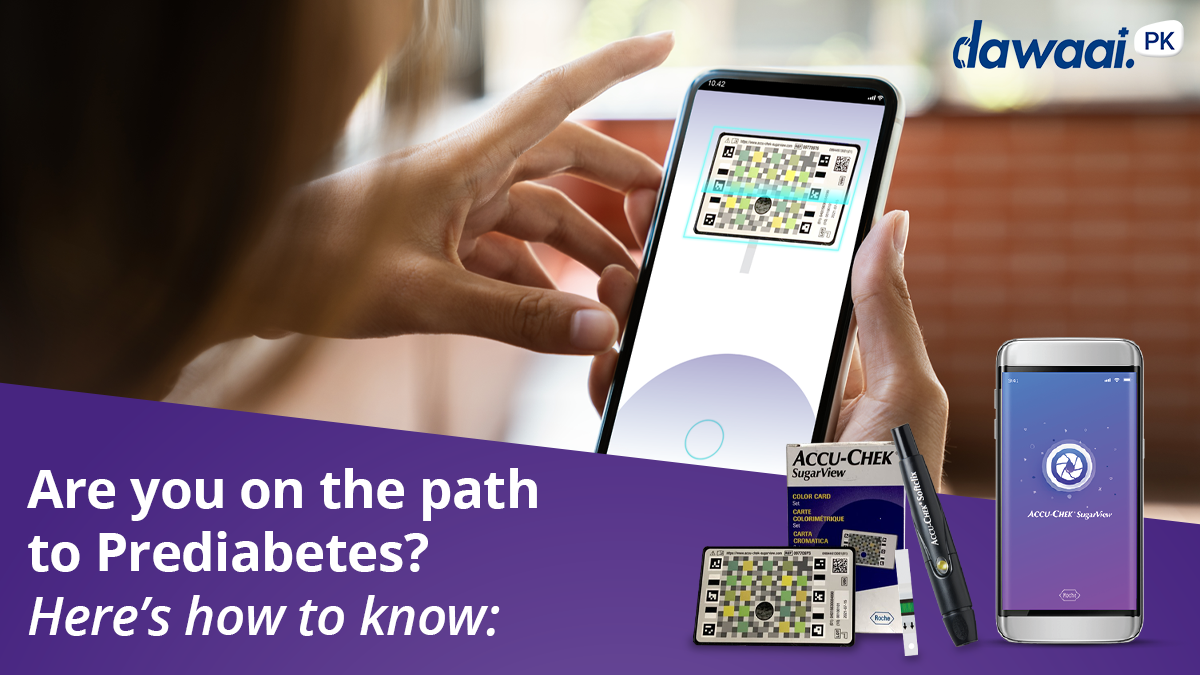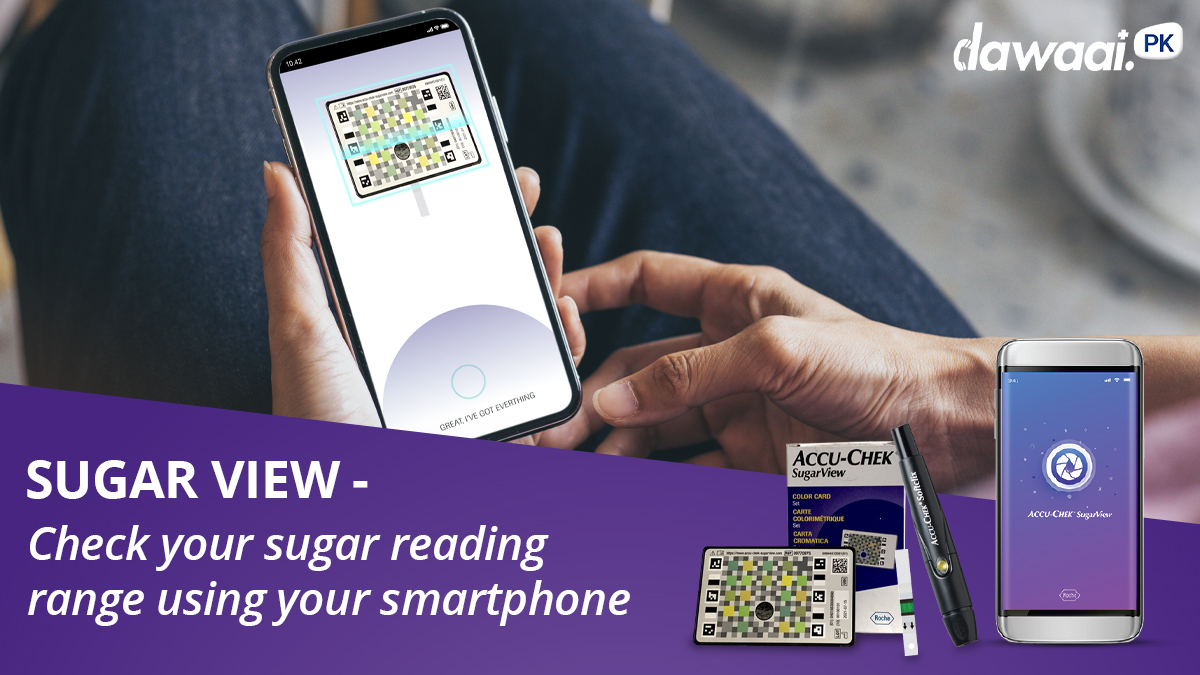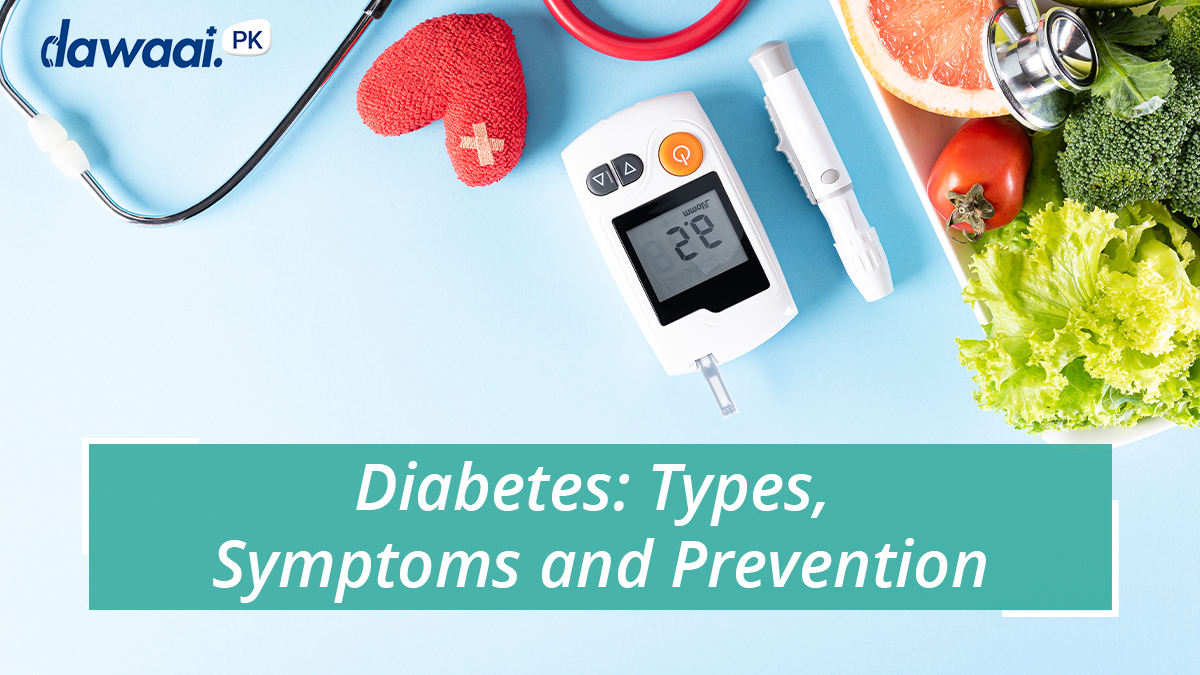Medically reviewed by Dr. Muhammad Ashraf Shera.
Fasting during Ramadan brings a drastic change in daily lifestyle of not just in a healthy muslim but also in people with health issues. A lot of healthy muslims have health conditions that put them at higher risk for example Diabetic patients. There are various effects of Ramadan fasting on Diabetic patients.
Even though it is said that the Quran exempts those who are diagnosed with illness from fasting, we all know how many of our elderly family members refrain from believing they’re sick and continue to fast. Let’s read on how Diabetic patients can fast and what precautionary measures they should take.
[Also read : Tips on managing headaches during Ramadan]
CAN A DIABETIC TYPE 2 FAST IN RAMADAN?
Fasting can cause patients with Type 2 Diabetes to risk the effects of poor glycemia, hyperglycemia, hypoglycemia and even dehydration.
Diabetic patients who decide to fast in Ramadan should go for pre-Ramadan consultations to know fasting in Ramadan related risk in Diabetic patients, to basically learn about;
- Self-management during fasting,
- Their individual risk
- Medication timings/schedule
- Blood glucose testing timings
- Have a proper diet plan for diabetic patients basically to adjust diet and treatment regimen.
CAN A DIABETIC TYPE 1 TAKE INSULIN DURING FASTING?
Comparatively Type 1 diabetic patients are at greater risk while fasting compared to patients with Type 2 Diabetes because they are on insulin. It all depends on the amount of insulin diabetic patients take throughout the day. They should consult their doctors to check if insulin can be adjusted in non-fasting hours.
Not only Diabetic Type 1 patients are more at risk because of Insulin but also because they can face increased dehydration and Diabetic Ketoacidosis DKA (serious complication of diabetes that can be life-threatening) as compared to patients with Type 2 Diabetes.
WHAT FRUITS CAN DIABETIC PATIENTS TAKE?
There are certain fruits that can raise blood sugar but Diabetic patients have to be extra careful when taking fruits to make sure blood sugar stays under control. Listing down some fruits that Diabetic patients can take but in limited quantity
- Apples
- Bananas
- Blackberries
- Raisins
- Raspberries
- Strawberries
- Tomatoes
- Oranges
Make sure to have fresh fruits or frozen fruits and try to avoid canned fruits or juices as that can raise blood sugar higher than fresh fruits.
Diabetic patients, if fasting, should break their fast by sugar-free dates. Regardless of all the diet plans every Diabetic patient should not forget to perform a pre-Ramadan consultation and a follow-up during and after Ramadan.
Happy Ramadan to all the Diabetic patients!
Why is Sleep so Important?






